COMMENT | Today residents of six states go to the polls. These states are Penang, Selangor, Negeri Sembilan, Terengganu, Kedah and Kelantan. At present, the first three are held by Pakatan Harapan and the remaining three by the opposition.
The general view, as far as I can glean, is that the result will leave the status quo undisturbed although a few seats may be lost to the opposition.
What is at stake in these elections?
The three West Coast states have a combined gross domestic product (GDP) of more than 34 percent of the Malaysian GDP and also have more than 32 percent of the population of the country.
The outcome of the elections will, to some extent, reflects the outcome of a general election if it were held at the same time. It would, in a sense, be a referendum of Anwar Ibrahim as prime minister and the unity government as a popular majority government.
But there are those who maintain that it would be unfair to judge both Anwar and the unity government at this time. They have not had the time to implement their policies.
Given the problems that they have inherited from previous governments, all that they have done thus far is respond to urgent issues affecting the poor, our currency, inflation and our national debt.
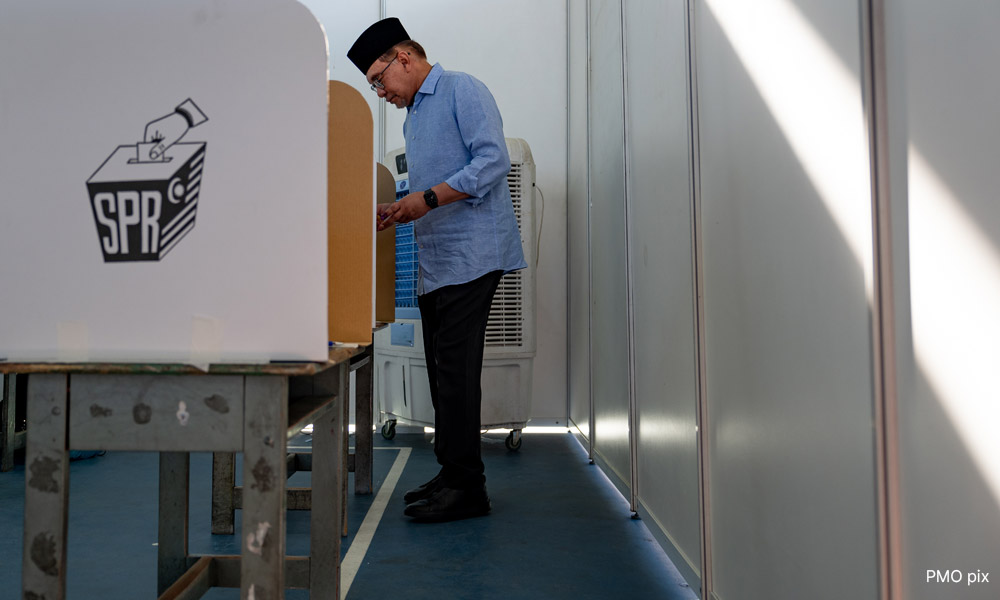
There are those who are less generous, and they include some who will have no truck with any of the parties in the opposition. Anwar defers too much to Umno, they say. That the optics of Anwar with Ahmad Zahid Hamidi contradicts his stance against corruption.
Others, while accepting the reality of the unity government, are concerned about the absence of a detailed strategic plan for the nation dealing with the prime issues of governance, economy, housing, health and education. They say that Anwar is long on rhetoric but short on action.
There are concerns that insufficient attention is being given to his role as finance minister. Perhaps, a full-time finance minister is the solution.
What are the precise circumstances facing each of the six states? And what will their respective electorate be looking for?
The East Coast states are relatively poor and undeveloped. The majority of the electorate are Malays. They have traditionally supported PAS. Kedah did opt for a BN government.
PAS has not demonstrated the ability to govern effectively but it is expected that PAS will come in again. The rural Malays will see a vote for PAS as a vote for Islam.
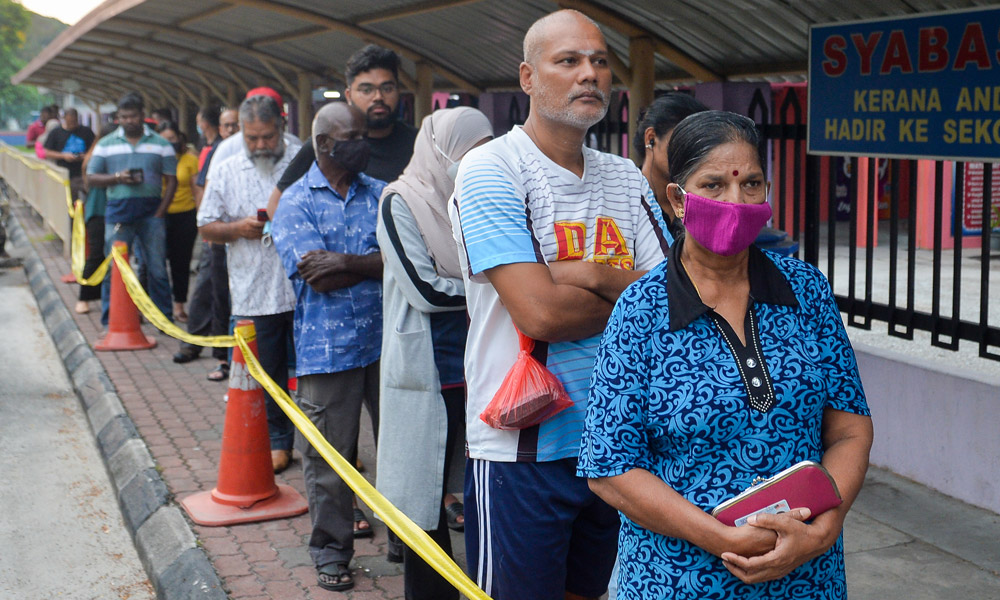
As for the West Coast states, they are generally more developed and have a larger non-Malay population. There is significant urban poverty comprising mainly Malays and Indians. But the Pakatan Harapan government has proven itself more capable in addressing the issues confronting the people.
Unfortunately, the years from 2020 to 2022 saw turmoil in the government with four changes of prime ministers and several changes in the ruling party. The Covid-19 years were also turbulent years with people’s lives being severely disrupted. Businesses failed and people lost their jobs in the thousands.
That period saw the police and the health services respond magnificently. Volunteerism was at the highest it has ever been. Malaysians were generally the best that they had ever been. Whatever our politicians say or do, I suspect that Malaysians on the ground have moved a lot closer to each other.
Alas, not so with all our politicians.
What choices do our people have today?
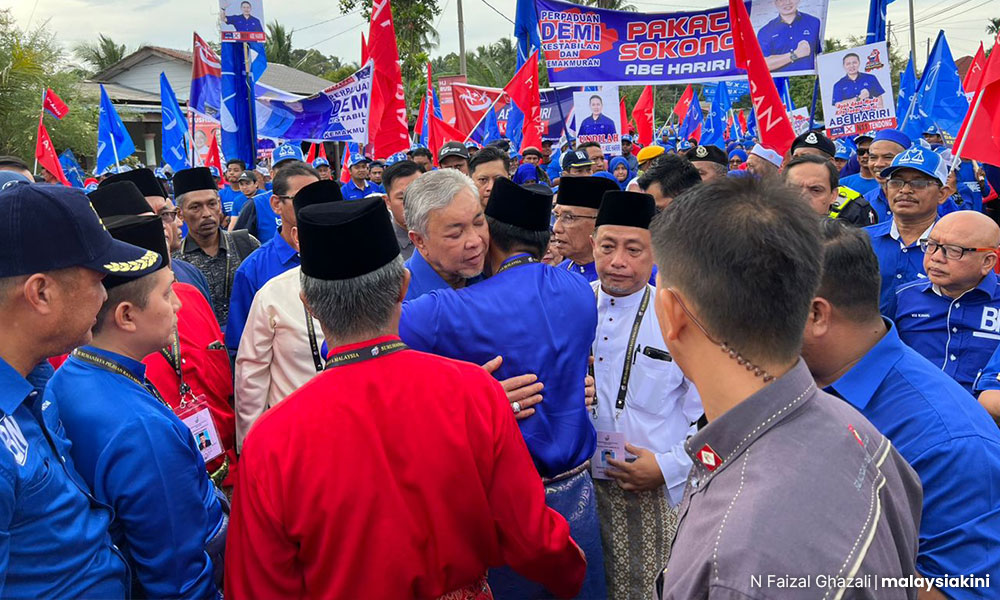
There is Umno. Umno is a shadow of the party it was with many of its leaders incarcerated or facing charges. Also, many of its leaders have either been suspended or expelled. These include Hishammuddin Hussein and Khairy Jamaluddin.
Is there a reason to believe that Umno is reinventing itself and will be free of corruption in the years ahead? This belief may be crucial to the decision of younger Malays as to which party to vote for.
Many of the young Malay voters seem to have voted for Perikatan Nasional and PAS in the last general election. How will they vote now?
Will Umno fare better or worse in these state elections? Will Anwar be able to convince the electorate, especially the Malay voters, that a unity government, that is Umno with Harapan, is preferable to PN and PAS?
There is Harapan. On the West Malaysian side, Harapan is essentially PKR, DAP and Amanah. DAP will continue to obtain the Chinese vote. In combination, Harapan will obtain the Indian vote. The central question is what percentage of the Malay vote will they garner?
Anwar and PKR are committed to a multiracial Malaysia. But he does assert his Malay and Muslim credentials as well.
Non-Malays have no issues with Anwar's strong support for Islam and the Malays, so long as the constitutional provisions are respected, particularly the equality provisions and freedom of worship.
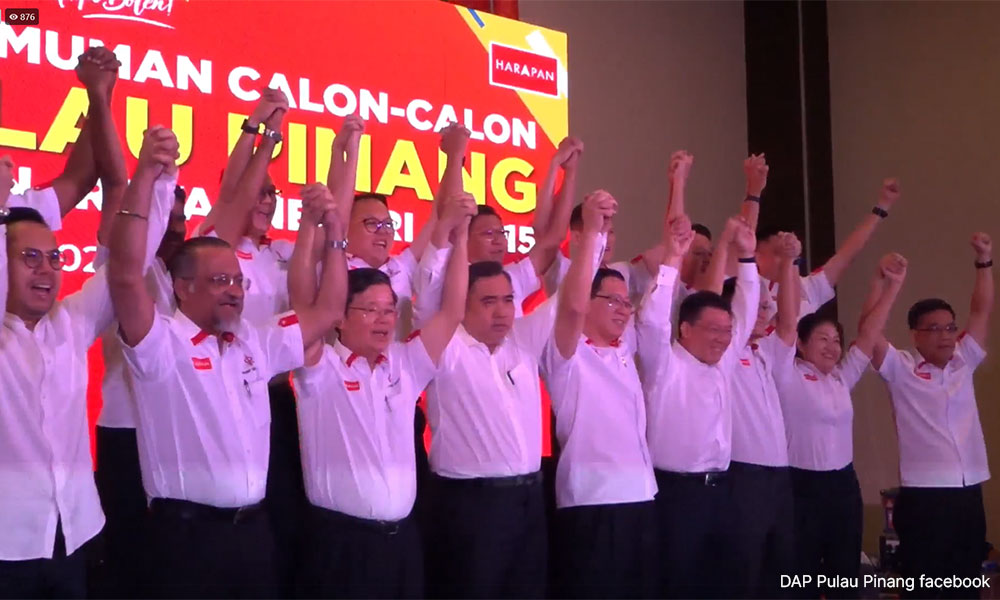
The DAP has been demonised as an anti-Malay party for a long time and it is a challenge for Harapan to assuage the fears of the Malays on this score.
The current crop of fluent Malay-speaking DAP leaders is able to communicate more effectively with the Malays. And perhaps that may help. Will Amanah, whose members comprise former more moderate Islamic wing of PAS, be able to counter the rhetoric of Abdul Hadi Awang?
Muhyiddin Yassin leads PN and Hadi leads PAS. Both are openly committed to a Malay- dominated government. Hadi wants only Muslim leadership. His party has as its ultimate objective a country ruled by Syariah laws and not by the Federal Constitution.
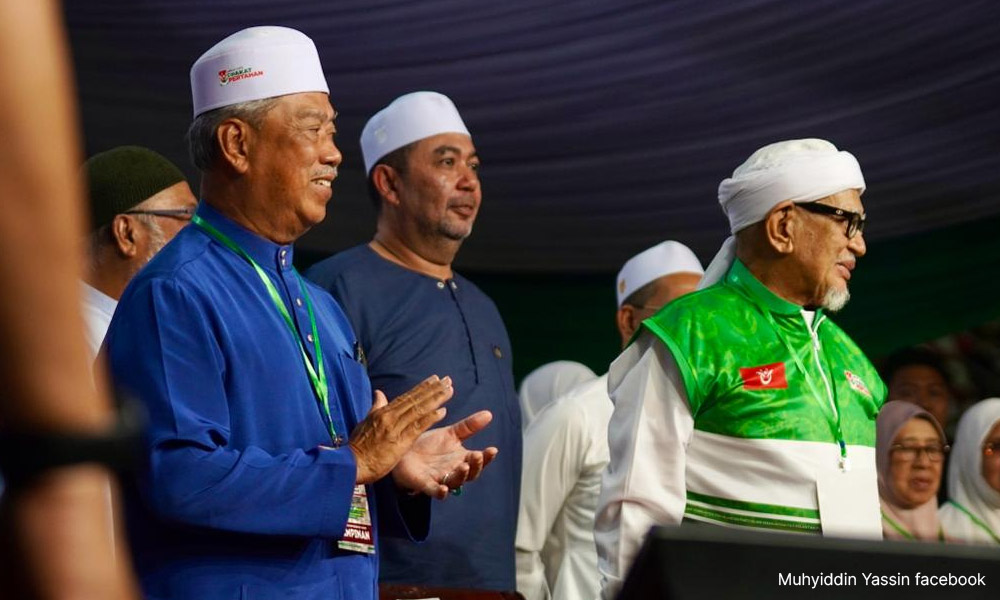
These parties would need all of the Malay votes to win the elections as non-Malays would find their policies unacceptable. Will all the Malays vote for a Malay-only government? Will all Malays vote for a PAS model of Islamic government? Will all Malays reject Anwar and the unity government?
I do not think so. I think most Malays accept the multiracial character of this nation even as they are concerned about Malay economic empowerment. I also think that most Malays do not want the Federal Constitution of this country to be replaced by Syariah laws.
PSM and Muda have formed some kind of electoral alliance. PSM as a party with leaders like Dr Michael Jeyakumar Devaraj (its chairperson) and S Arutchelvan (his deputy) have demonstrated their commitment to the poor whatever their race and have attempted to formulate proposals and legislation which, if accepted, will transform this nation.
Muda under its president Syed Saddiq Syed Abdul Rahman is attempting to galvanise the youth of this country to push hard for a multiracial Malaysia.
It would be good if some PSM candidates come in. As for Muda, I do not know. If they capture votes that would otherwise go to PN or PAS, well and good.
Please go out and vote. The future of this country may depend on your vote.
DAVID DASS is a lawyer, Malaysiakini subscriber, and commentator.
The views expressed here are those of the author/contributor and do not necessarily represent the views of Malaysiakini.

